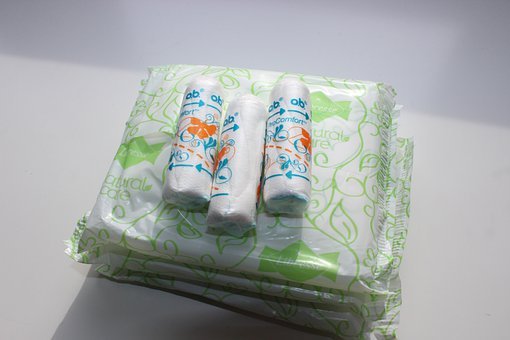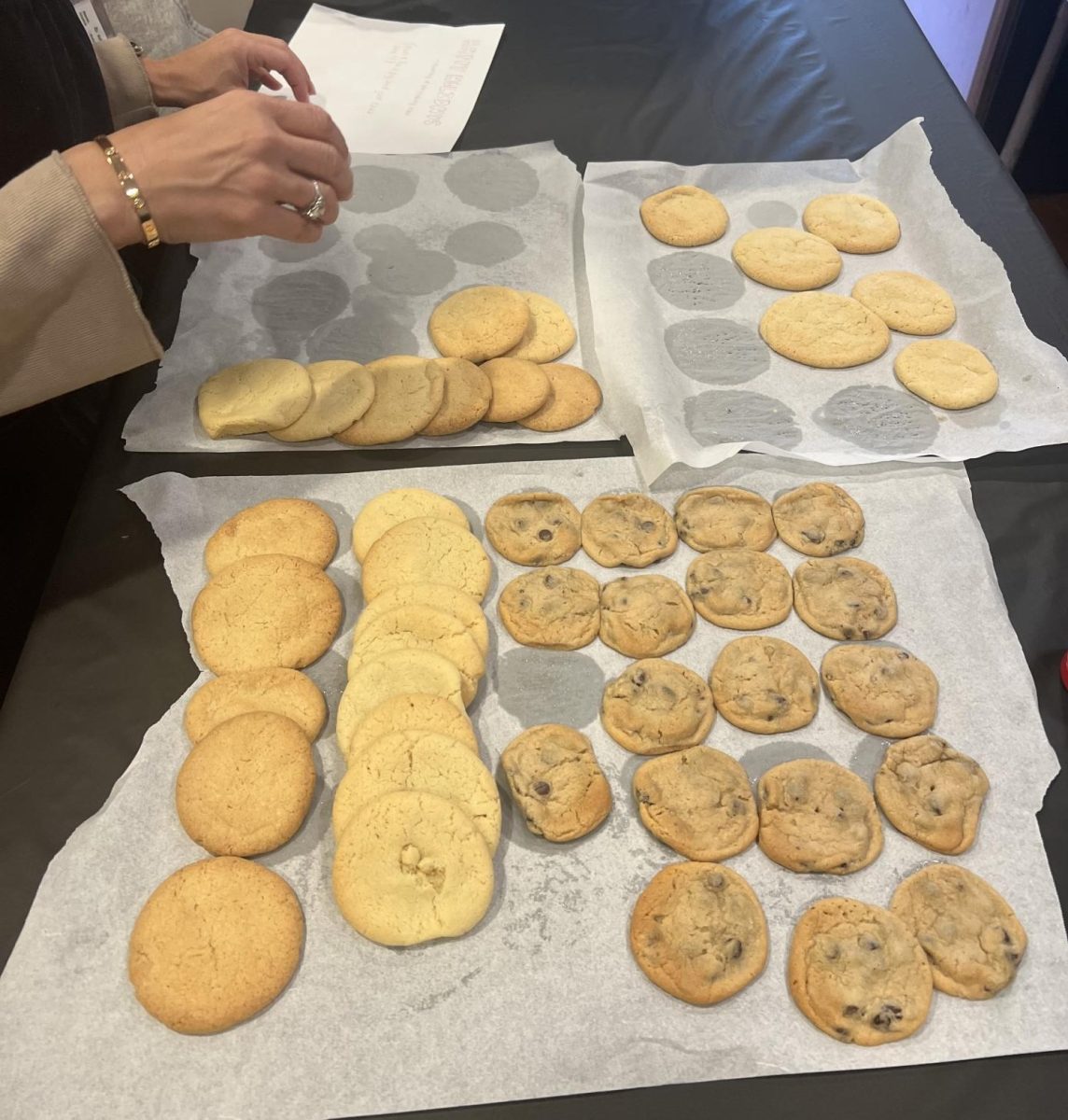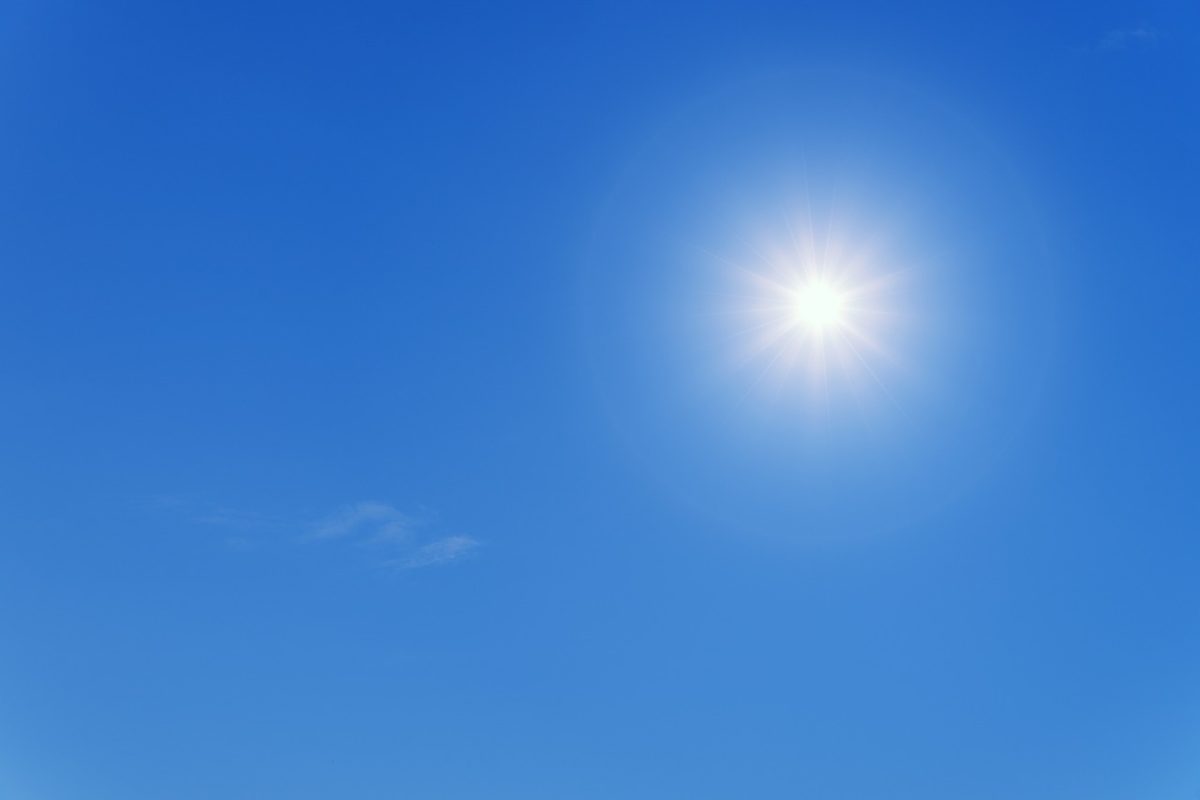Feminine Products: Should They Be Free? (Yes, They Should!)

May 14, 2021
According to swnsdigital.com, the average woman surveyed spends $13.25 a month on menstrual products ‒ that’s $6,360 in an average woman’s reproductive lifetime (ages 12-52). That is an absurd number for products that women have little choice about needing or not. Therefore, menstrual products should not be taxed or, even better, should be completely free. Here’s why:
Women don’t choose to get their periods. Periods are biological and menstruating women can’t control them. But we obviously need to practice healthy hygiene, so why should we pay a fee for doing so? Think about it this way: when you go to a public restroom, you don’t pay a fee for the for toilet paper or for the soap, water, and paper towels. For healthy and sanitary reasons, we encourage people to wipe their bottoms and clean their hands by providing free products to do so. But for reasons that can logically be deemed sexist, we don’t afford that same consideration to girls and women who don’t want to bleed through their clothes or face health and sanitation issues that would result by not not taking proper care of their periods.
Without Proper Products, Girls are Left Behind. In some schools in India, girls actually drop out because they have no support for dealing with their periods — no sanitary pads, separate toilets, or even a place to throw away used feminine products. Should young women miss twenty percent of school days in a given year due to a lack of facilities, a lack of information, or a lack of sanitary products? You might think, well in America that certainly isn’t the case, but not so! According to Melissa Berton, the executive director of The Pad Project, “Unable to afford period products, many people who menstruate are forced to miss school and work.” A 2019 study sponsored by Thinx, a menstrual underwear company, and PERIOD, a nonprofit that works to eradicate period poverty, found that 1 in 5 teens could not afford period products, and 1 in 4 have missed class because they did not have access to pads or tampons.
Period Products are Not Luxury Items. In the United States, products are taxed based on whether they are deemed ‘necessities’ or ‘luxuries.’ Products categorized as luxury items are subject to sales tax, while products considered necessities are not taxed. Medications, shampoo, ChapStick, and even Viagra are some examples of products exempt from the sales tax. Currently, only ten states have removed menstrual products from the list of taxed items. According to Berton, “this means states are profiting around $150 million from taxing period products.” The added cost of sales tax on menstrual products leaves many with a difficult choice: buying menstrual products or buying food. Women are largely already at an economic disadvantage due to the gender wage gap, so this is an unthinkable position to put them in.
Future legistlation should attempt to federally mandate that period products are categorized as necessary products, and for school-aged girls, provided free in schools. It’s time to do right by the menstruating individuals in our country.
Sources:
https://www.usatoday.com/story/news/nation/2021/02/19/united-states-period-poverty-free-products-tampon-tax-new-zealand/6797036002/
swnsdigital.com










